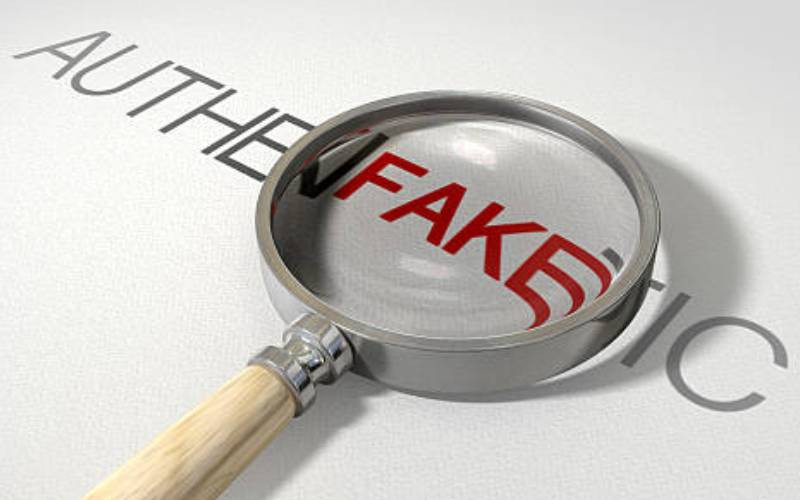×
The Standard e-Paper
Fearless, Trusted News

For 20 years, Abdi Mohamed Daib worked at the Kenya Ports Authority (KPA) using forged academic certificates.
Mr Daib, who joined KPA in June 1995, had risen through the ranks from a junior detective to an assistant training officer. He drew not only salaries but also allowances and benefits since the position was permanent and pensionable.